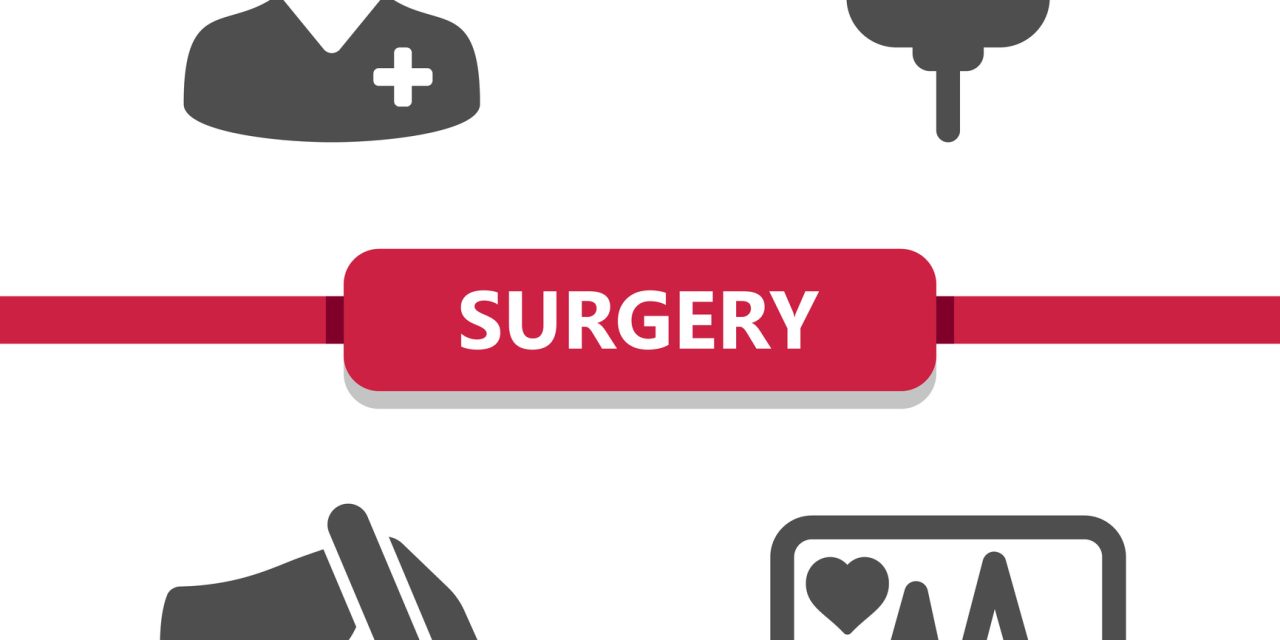For research, the researchers wanted to look at the clinical outcomes of elderly patients who had ascending aortic surgery. The researchers looked at patients aged 70 and up who had to ascend aortic surgery between January 2002 and December 2013. 285 of the 415 patients were elderly (70-79 years old) and 130 were very elderly (80 years old). Surgical mortality and long-term survival were assessed using logistic regression and Cox proportional hazards model. Aortic aneurysm (63.1%), calcified aorta with the necessity for additional cardiac surgery (26.4%), and type A dissection were among the surgical indications (10.5%). Very elderly patients had a higher burden of comorbidities and operative mortality (13% versus 7%, P<.04) than elderly patients. Patients who were very elderly were also more likely to be admitted to a rehabilitation institution than discharged home (P<.001). Risk-adjusted operative mortality and 30-day readmissions rates, on the other hand, were comparable (P>.05). The Kaplan–Meier survival estimates for elderly patients at 1 and 5 years were 85.6% and 72.6%, respectively, compared to 79.2% and 57.1% for extremely elderly patients. In both the unadjusted and adjusted models, age was a substantial risk factor for late mortality.
Age was not an independent predictor of operative mortality after correcting for comorbidities, the source of aortic illness, and the type of procedure. Still, it was substantially linked with shorter late survival. As a result, advanced age should not be considered a strict contraindication to ascending aortic surgery.
Reference:www.jtcvs.org/article/S0022-5223(18)31239-X/fulltext


